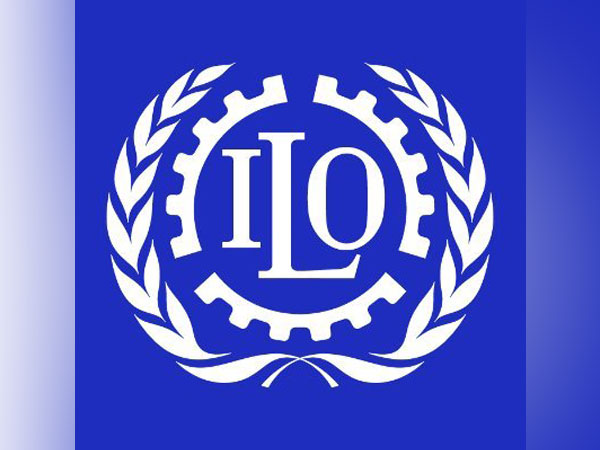Wage inequality declined in two-thirds of countries worldwide since start of 21st Century: ILO
Nov 29, 2024
Geneva [Switzerland], November 29: A new report from the International Labour Organisation (ILO) reveals that wage inequality has decreased in about two-thirds of all countries since 2000. Despite this positive trend, significant wage differentials persist worldwide. The Global Wage Report 2024-25: Is wage inequality decreasing globally? finds that since the early 2000's, on average, wage inequality, which compares the wages of high and low wage earners, decreased in many countries at an average rate that ranged from 0.5 to 1.7% annually, depending on the measure used. The most significant decreases occured among low-income countries where the average annual decrease ranged from 3.2 to 9.6% in the past two decades.
Wage inequality is declining at a slower pace in wealthier countries, shrinking annually between 0.3 and 1.3% in upper-middle-income-countries, and between 0.3 to 0.7% in high-income countries. Moreover, even though wage inequality narrowed overall, decreases were more significant among wage workers at the upper end of the pay scale.
The report also finds that global wages have been growing faster than inflation in recent times. In 2023, global real wages grew by 1.8% with projections reaching 2.7% growth for 2024, the highest increase in more than15 years. Such positive outcomes mark a notable recovery when compared to the negative global wage growth, of -0.9%, observed in 2022, a period when high inflation rates outpaced nominal wage growth.
However, wage growth has been uneven across regions, with emerging economies experiencing stronger growth than advanced economies, the report finds. While advanced G20 economies registered a decline in real wages for two consecutive years (−2.8% in 2022 and −0.5% in 2023), real wage growth remained positive for both years in emerging G20 economies (1.8% in 2022 and 6.0% in 2023).
Regional wage growth patterns varied considerably. Wage workers in Asia and the Pacific, Central and Western Asia, and Eastern Europe experienced their real wage increases at a faster rate than those in other parts of the world, according to the report.
"The return to positive real wage growth is a welcome development," said ILO Director-General, Gilbert F. Houngbo. "However, we must not forget that millions of workers and their families continue to suffer from the cost-of-living crisis that has eroded their living standards and that wage disparities between and within countries remain unacceptably high."
Despite recent progress high levels of wage inequality remain a pressing issue. The report shows that globally, the lowest-paid 10% of workers earn just 0.5% of the global wage bill, while the highest-paid 10% earn nearly 38% of this wage bill. Wage inequality is the highest in low-income countries, with close to 22% of wage workers there classified as low-paid.
Source: Emirates News Agency








